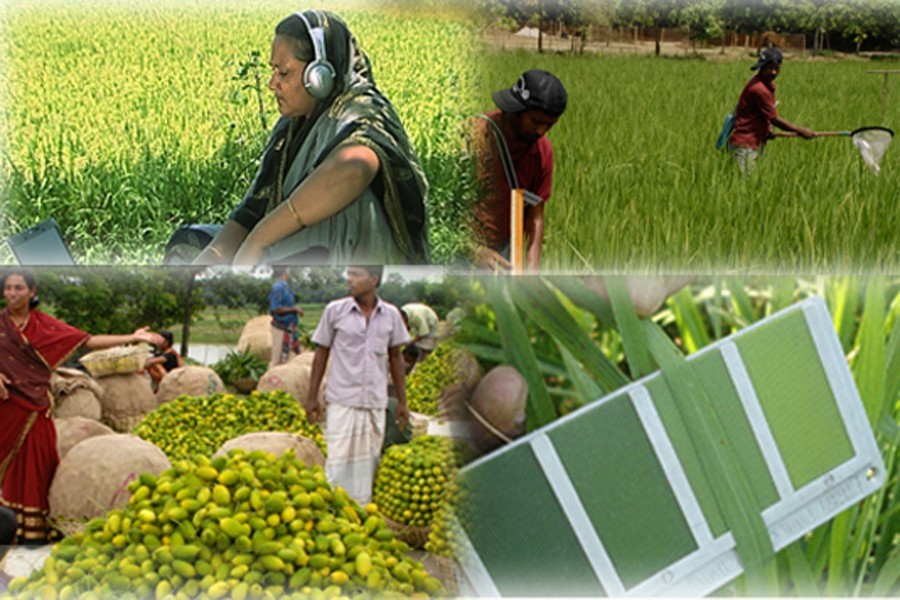It is indeed heartening that with the re-opening of exports of agro-products following the Covid-induced languor for around a year or so, exports have picked up significantly. The July-October export data strongly suggest a rejuvenating agro-product export performance outpacing some traditional products and moving up a few notches in performance ranking. A FE report last week pointed out the upward motion revealing that these products have taken their position next only to readymade garments (RMG) during the period. As the report says, the July-October receipts from agro-product export of this fiscal year stood at $464 million, up by nearly 30 per cent over the same period of the last fiscal. In the fiscal year 2021, these products -- comprising tea, fruits and vegetables, processed food, tobacco and spices -- ranked fourth in export earnings with an overall earning of worth $1.02 billion after RMG, jute and jute goods, and home-textile. In the current fiscal with the positive symptoms already apparent, it is expected that these products are likely to perform commendably-provided, however, things do not change too unfavourably.
Observers, including sector insiders are of the opinion that some improvements by way of quality control inspection at local testing labs and compliance of country-specific norms as regards sanitary and phyto-sanitary requirements have, to a certain extent, removed the barriers that hindered export of fresh and processed agro-products in the recent past. While this may hold true, there is the urgent need for a massive change in the lab testing system requiring a thrust in order that compliance needs -- that sometimes vary from country to country -- can be appropriately addressed to smoothen export of farm products, particularly processed products.
Recently, the government has set a roadmap to fetch $2.0 billion from agro-product exports in the next two years, i.e., by 2023 fiscal. According to sector specialists, this is not an ambitious target. However, in order that it does not prove so, the focus should be more on production and export of processed agro-products. Value addition through further processing is thus the only means to achieve the export target. The country's agro-product processing industry has over the years grown fairly well catering mostly to increasing domestic demand while also engaging in overseas marketing-albeit in a small way. What actually stands in the way of the industry's flourishing, especially on the export front, is lack of large-scale investment. There are only a couple of enterprises that have come in a reasonably big way. While there is the need for more investment-- that too with product and market-specific expertise, facilities for proper lab testing and capacity for fulfilling compliance requirements must be improved. This is most crucial in respect of food products, and unless food items meant for export are channeled through proper laboratory tests in line with internationally recognised protocols, Bangladesh's export market of agro-processed products would continue to remain untapped despite high potential.
The growth of agro-product export should inspire all concerned including the government to put in place facilitating measures consistent with the market-specific needs. Value addition should be at the core of the government policy.


